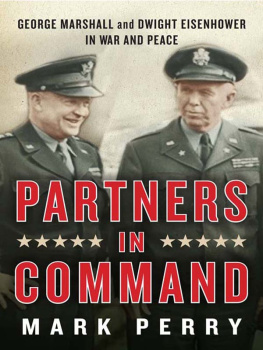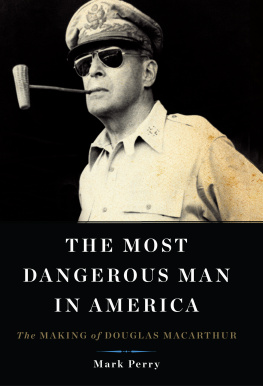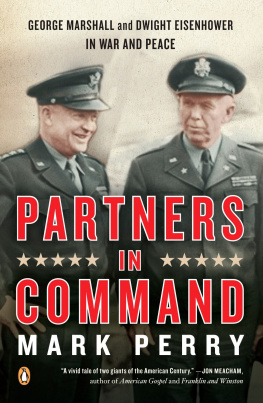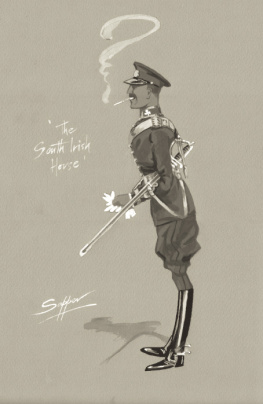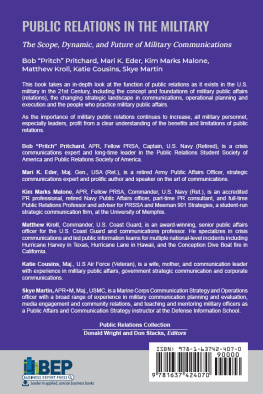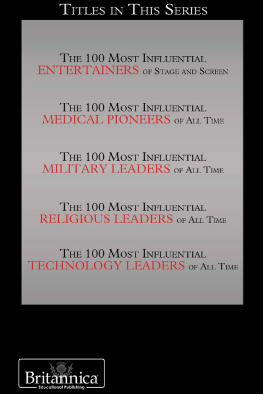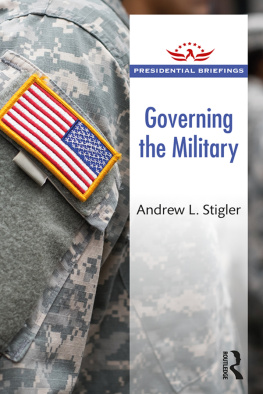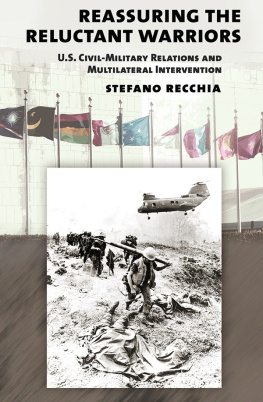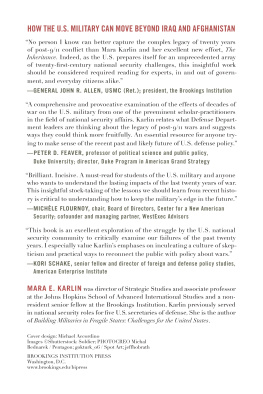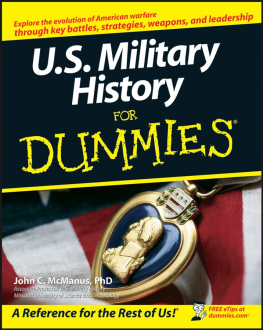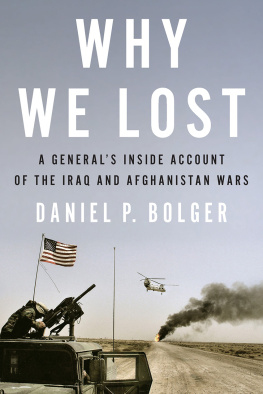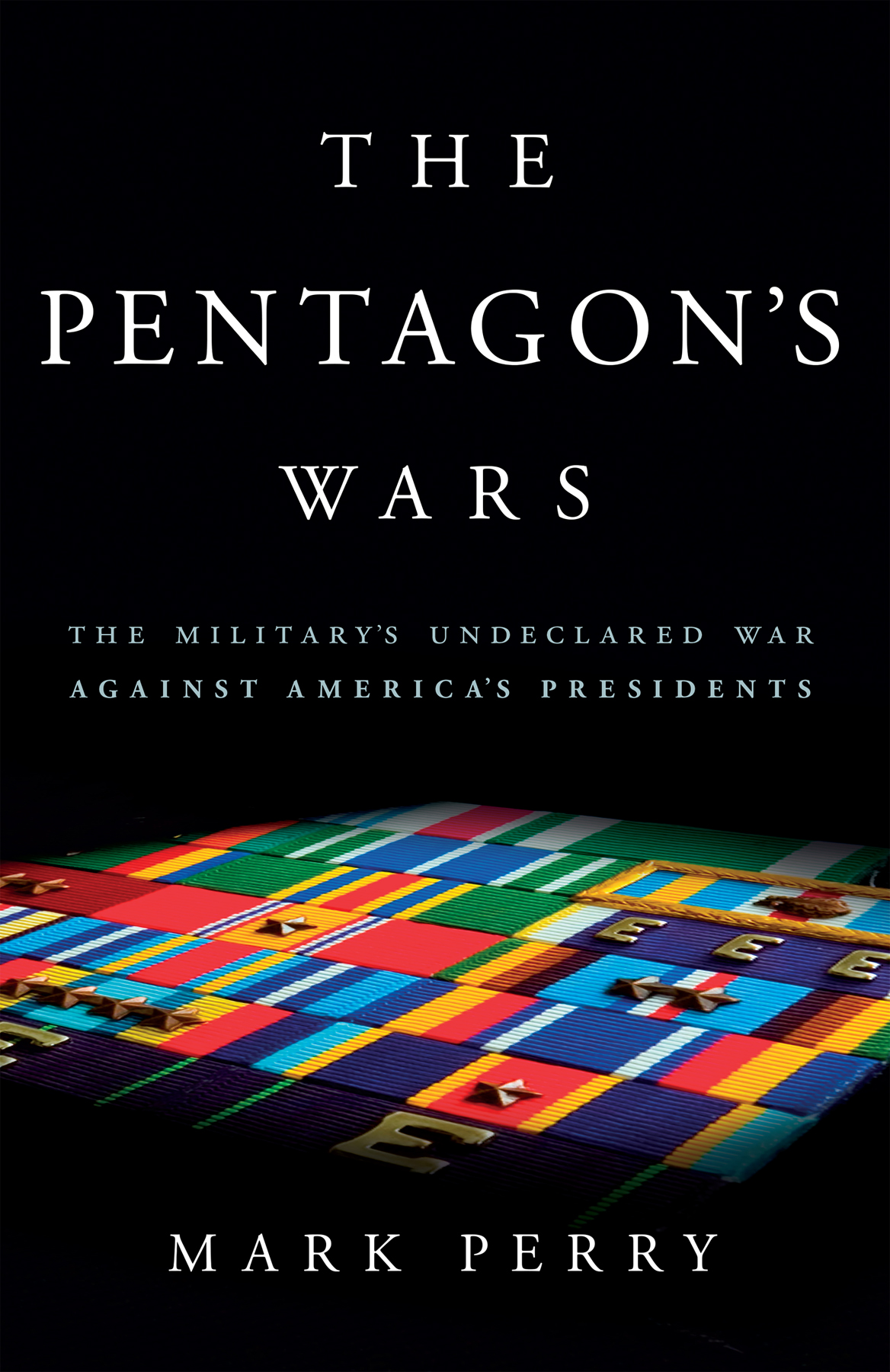In unflinching detail, Mark Perry takes us behind the scenes of Americas often tense civil-military relationship. The public and the national security community will want to ponder carefully the implications of this fascinating and engaging narrative.
Richard H. Kohn, professor emeritus of history and peace, war, and defense, University of North Carolina at Chapel Hill, and former chief of Air Force history, US Air Force
This is a hard-hitting insiders walk through the corridors of American power. Mark Perry marshals decades of interviews and applies his keen journalistic insight to grapple with a question that all citizens need to ask: Why cant the most powerful nation in the world achieve its strategic policy aims when it goes to war? He does a great service by explaining in clear, human terms the failures and the limits of American military power. A must-read.
David E. Johnson, author of Fast Tanks Heavy Bombers: Innovation in the U.S. Army, 19171945
What I fear is not the enemys strategy, but our own mistakes.
Thats the ultimate. You know, to win without fighting.
S OON AFTER THE end of the Cold War, in 1991, it occurred to senior military officers that the demise of the Soviet Union was actually a military victory. Among this group was Admiral William Crowe, the eleventh chairman of the Joint Chiefs of Staff, whod served during the Reagan and George H. W. Bush presidencies and was acknowledged as one of the most influential officers of his generation. An outspoken iconoclast and hulking figure, Crowe was celebrated in Washington for dishing out pithy homilies, or issuing homespun lessons to disbelieving senators. Your mind is like a parachute, he once told a Senate committee. If it wont open when you need it, it isnt much good. He added: I have an open mind. When he was JCS chairman, Crowe cracked jokes with his military colleagues, especially during tense budget sessions or international crises. He saved my sleep, my hair, my digestion and my sanity, Army chief of staff Edward C. Meyer, who served with him, said.
But during an interview in Washington, DC, several years after retiring, Crowe turned suddenly serious, commenting on the Cold Wars end in an interview that focused on the history hed observed. Its the ultimate irony, really, he said in his patented Oklahoma drawl, but its true: we not only won the Cold War, we did it without firing a shot. We did it without waging World War III. For a moment, Crowe seemed surprised by his own conclusion and then was lost in his own thoughts. Thats the ultimate, he added, wistfully. You know, to win without fighting. Think of it. No military has ever done that.
Born in Kentucky, Crowe grew up in Oklahoma during the Great Depression, the son of a hardworking lawyer. But Crowe was bored by Oklahoma and vowed that, if given the chance, hed travel the world. He graduated from the US Naval Academy in 1947, but he wasnt a seagoing warfighter. Hed once commanded a diesel submarine, and that for only two years, and had actually turned down seagoing assignments with senior officers whose support he needed for promotion. He preferred to pursue his academic studies, notching a masters degree from Stanford and a doctorate, in politics, from Princeton.
But Crowe was much in demand by the Navys senior officers, primarily for his ability to think creatively. It often got him into trouble. For Chrissake, one of his Pentagon supervisors told him, we didnt send you to Princeton so you could come back and tell us how to run the Navy. In fact, Crowe was more of a diplomat and Washington insider than a naval officer; he served as a naval assistant to President Dwight Eisenhower, was a naval adviser to the South Vietnamese during the Vietnam War, then became commander of US forces in the Pacific.
Crowe got his big break in 1984 when he briefed President Ronald Reagan and his secretary of state, George Schultz, in Honolulu. As head of the US Pacific Command, Crowe provided a thumbnail sketch of the forces challenging the United States in the region, and what he recommended the US could do to counter them. Crowes no-frills style impressed Reagan, with Schultz telling a colleague that Crowes presentation was the most comprehensive briefing hed ever heard during his time in government. The next year, Reagan appointed Crowe as JCS chairman, surprising nearly everyone in his service, who thought Admiral James Watkins, the chief of naval operations, would get the job.
Crowes appointment is unprecedented, one of his colleagues, Admiral Eugene Carroll, noted at the time. He is a political scientist, not a warfighter. He knows the limits of military power. In fact, while Crowe and Secretary of Defense Caspar Weinberger often disagreed on major budget and military service issues (Weinberger seemed intimidated by the more expressive Crowe, observers noted), they saw eye to eye on the issue of war and peace. Weinberger had once scoffed at a reporter who said he thought the Reagan defense build-up was dangerous and cost too much money. Good lord, Weinberger explained. Were not building up our military in order to use it, were building up our military so that we dont have to. Crowe agreed.
By the early 1980s the RMA was a reality, with the United States developing precision-guided munitions that eliminated the requirement of using dozens of bombs to destroy a single target, and perfecting stealth innovations that made fighter-bombers safe from enemy radar. The RMA transformed the nature of conflict, taking advantage of the advances in network-centric warfare that fielded laser target identification systems, remote-controlled drones, enhanced digital information assets, predator and surveillance weapons, and satellite-based positioning systems. The innovations spread through every service. The Soviets could not hope to compete, knowing that it would drive them to bankruptcy to even try. That is, in fact, what happened: the RMA won the Cold War, to use Crowes phrase, without firing a shot.
The second event was the passage of the 1986 Goldwater-Nichols Department of Defense Reorganization Act. Named for Arizona senator Barry Goldwater and Oklahoma congressman William Nichols, the law overhauled the US military command structure. While the legislation was intended to end the crippling interservice competition that hobbled military operations after World War II, it also reflected the RMA: the militarys new weapons, RMA evangelists preached, placed a premium on lighter and more mobile forces, while requiring the Army, Navy, Air Force, and Marines to plan and fight together, or jointly.


